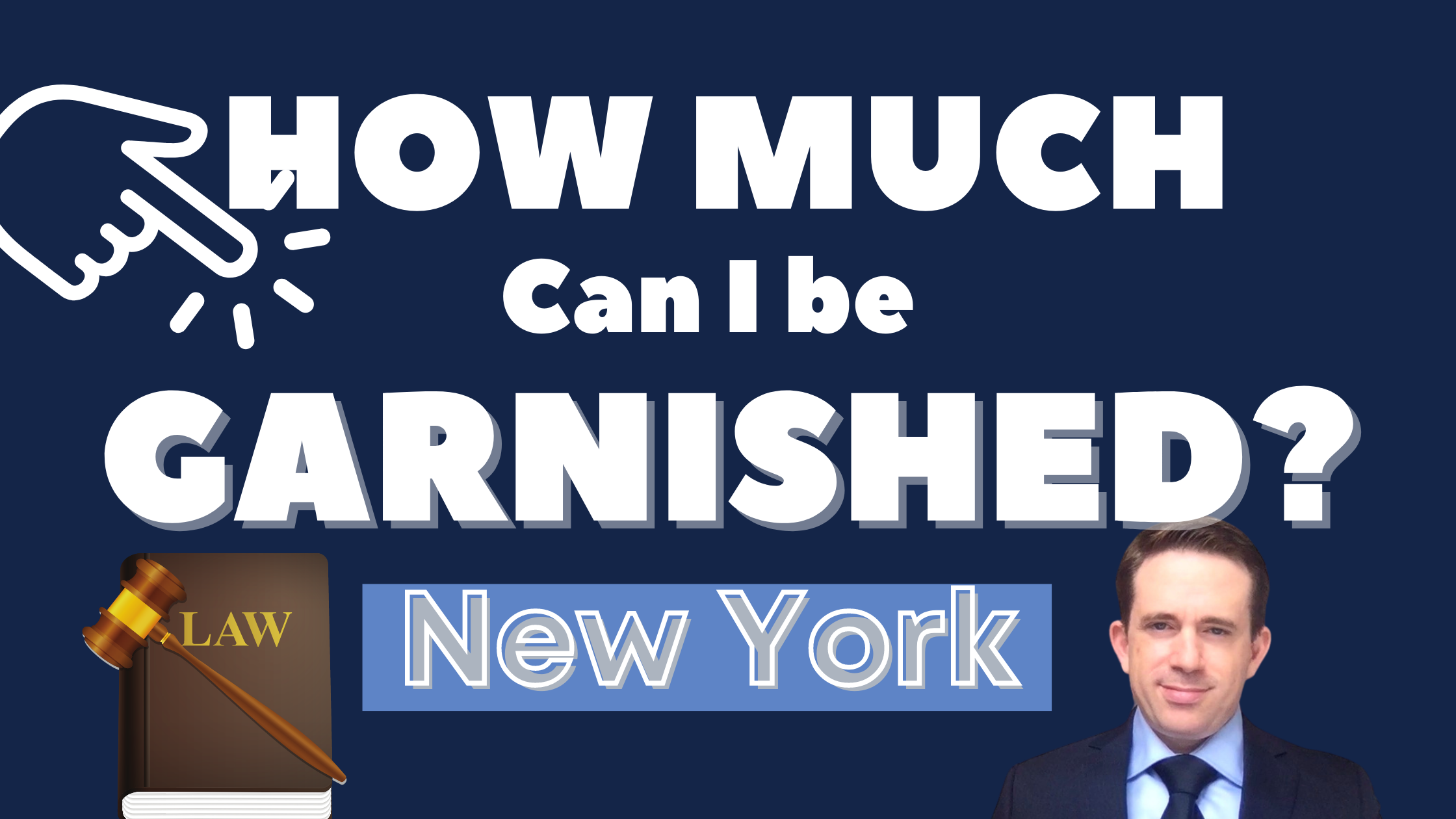We Defend You Against
City Marshal Bruce Kemp
You have likely received a "NOTICE OF GARNISHMENT," which gives you 20 days to voluntarily pay the judgment before Marshal Moses serves the attached "INCOME EXECUTION" directly to your employer.
An "income execution" is the legal document that initiates "wage garnishment." The NOTICE OF GARNISHMENT instructs you to pay 10% of your salary, wages, or other income. If you fail to do so, the Income Execution will be served directly to your employer, who will then be required to forward 10% of your paycheck to the marshal before you receive your payment.
Ways to stop the garnishment:
- Obtain a court order or stipulation vacating the court judgment (what we do).
- Pay off the judgment directly with the Marshal.
- Enter into an agreement with the plaintiff's attorneys to pay the judgment and/or hold the judgment in abeyance (suspension) while you pay off the judgment.
More information about what is happening, and how much can be taken from your wages:
- Receive a Notice of Garnishment? Here’s a Summary of New York Law
- How much of my wages can be garnished? Summary of New York Law
- Vacating a Default Judgment in New York: 8 Fine Points
Quick Facts about New York City Marshals:
- New York City Marshals have been categorized as civil law enforcement officers, public officers, and ministerial officers.
- New York City Marshals collect court-ordered fees for private litigants whose judgments they enforce; Marshals also collect 5% "poundage" on top of that.
- New York City Marshals may seize money, movable property (for instance, inventory from a business), vehicles, and return possession of rental premises to landlord (evictions).
- New York City Marshals of the City Civil Court have the same powers and duties as Sheriffs of the Supreme Courts.
- New York City Marshals are appointed by the mayor.
- New York City Marshals' fees are granted by statute.
- Marshals' official activities are bonded to guard against malfeasance or nonfeasance.
- A marshal has the power to serve execution notices and physically levy property.
- Marshals must keep detailed records subject to review by the appellate division.
- City marshals pay an annual fee and percentage of their gross fees to New York City.
- Marshals are authorized and controlled by the New York City Civil Court Act.
Contact us right away if you've received any communication from a New York City Marshal. It is not too late to protect your money and assets.
Bruce Kemp
Marshal
City of New York
39-13 Bell Blvd.
PO Box 521
Bayside, NY 11361-0521


